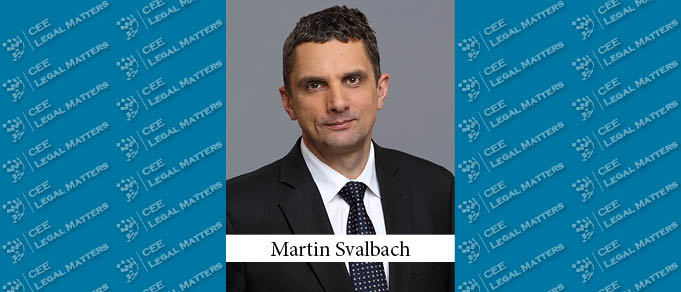The current Covid-19 situation has changed many aspects of the business environment, and the resulting economic slowdown has prompted legislators worldwide to take measures to ease the situation for local economic players. Thus far, measures proposed by the Czech Government have generally only deferred tax liabilities and tax administrative duties, rather than eliminating them altogether. Of the few permanent types of relief from public duties, a proposal to abolish the Czech real estate transfer tax (RETT) is probably the most significant.
The RETT has been a fixed aspect of real estate transfers in the Czech Republic since 1993, when the Czech tax system was completely reformed after the fall of the communist regime and the country’s subsequent split with Slovakia. Until 2013, the transferor was liable for paying the RETT. Then, from 2014 to 2016 the party responsible for paying the RETT depended on the legal form of the transfer and the provisions of the contract. Since 2016 RETT liability has shifted to the transferee (in line with this transfer of liability, it also became known as the real estate acquisition tax). Throughout, the RETT’s rate – 4% of the value of real estate transferred for consideration (it does not apply to gratuitous transfers) – has remained consistent, and it has always applied only to asset deals. Company share transfers with assets consisting of real estate (share deals) have never been subject to the RETT, as share transfers do not involve transfers of title to real estate – the triggering element for the RETT.
Against this background, the question arises whether the proposed abolition of the RETT will have any major impact on the form of transfers of real estate in the Czech Republic.
In this regard, it is important to remember that share deals can be structured to benefit from the Czech corporate income tax participation exemption for capital gains resulting from share transfers. This, combined with the fact that share deals are not subject to the RETT, means that share deals have been the prevailing method for disposing with commercial real estate in the Czech Republic. As asset deals are not exempt from corporate income tax (which is 19% on capital gains), and as share deals benefit from the Czech participation exemption, it is likely that real estate deals will still be carried out as share transfers even after the RETT is abolished.
This will be the case especially in situations where substantial gains are accumulated in the tax records of the transferor. For share deals involving acquisitions of real estate, where – for tax purposes – the real estate is valued for the transferor at its historically applied tax net book value, such accumulated taxable gains could be expected to exist. In these situations, abolishing the RETT will likely have no effect on the structure of the transactions, as share deals will still enjoy a corporate income tax advantage.
On the other hand, when contemplating a transfer of real estate with depreciated value, such that a loss is expected on its sale, or where the transferor has tax losses brought forward from previous periods that could be used to offset any gains on the contemplated transfer of real estate, structuring it as an asset deal may be attractive from a Czech tax perspective. Abolishing the RETT will, of course, make the asset transfer even more attractive.
At the time of writing, the RETT has not yet been formally abolished. The bill abolishing the RETT has been approved by the Czech Parliament (lower house), but the Senate (upper house) has proposed modifications, and approval of the modified form of the bill needs the approval of the Czech Parliament. Once approved, it will be signed by the Czech president and published in the Czech Collection of Laws and become effective. While this will take some time, it is widely expected that this process will be completed by fall 2020. The good news is that under the proposed wording of the bill, the RETT will be abolished for transfers that were effective from December 1, 2019 – i.e., retroactively.
Whether abolishing the RETT will have the effect of reviving the Czech real estate market remains unclear, as obligatory rent deferral legislation and uncertainties in the Czech Government’s fiscal policy may prove to have a stronger negative effect on it.
By Martin Svalbach, Head of Tax, PRK Partners
This Article was originally published in Issue 7.9 of the CEE Legal Matters Magazine. If you would like to receive a hard copy of the magazine, you can subscribe here.



